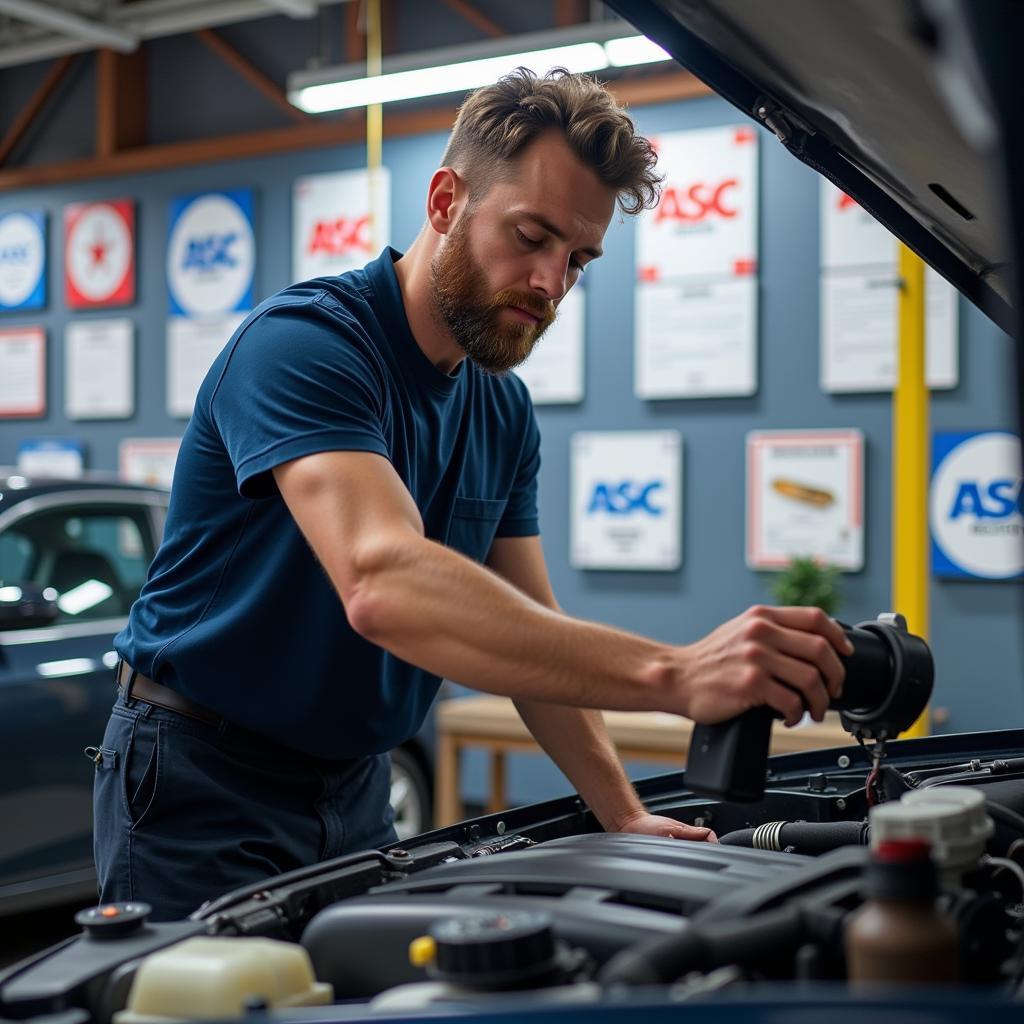Can I Set Up My Own Volunteer Car Service?
Thinking about starting your own volunteer car service? It’s a fantastic way to give back to your community by providing essential transportation for those in need. But where do you begin? This article will guide you through the essential steps and considerations for setting up your own volunteer transportation service.
Understanding the Need and Scope of Your Volunteer Car Service
Before diving into the logistics, it’s crucial to define the scope of your service. Who will you be serving? Will you focus on transporting seniors to medical appointments, assisting people with disabilities, or providing general transportation for those without access to a vehicle? Clearly defining your target audience and the specific services you’ll offer is the first step in building a successful and sustainable volunteer car service. Will you operate within a specific geographic area? What are the transportation needs of your community? Researching these questions will help you tailor your service to meet the real needs of those you intend to help.
Are there already existing transportation services in your area? If so, can you collaborate with them or fill a gap in their services? Consider reaching out to local community organizations, hospitals, and social service agencies to understand the existing transportation landscape and identify any unmet needs. This initial research can save you time and resources in the long run.
Legal and Insurance Considerations for a Volunteer Car Service
One of the most important aspects of establishing a volunteer car service is ensuring you have the correct legal and insurance coverage. Check with your local authorities about any specific regulations regarding volunteer transportation services. You might need to register your organization, obtain permits, or comply with specific safety standards. Do you need specialized insurance for transporting passengers? What are the legal implications of providing this type of service? Speaking with a legal professional is highly recommended. Understanding your legal obligations from the outset is crucial to protecting yourself and your volunteers.
Recruiting and Managing Volunteers
A volunteer car service relies heavily on the dedication and commitment of its volunteers. Developing a robust recruitment strategy is essential. Where will you find volunteers? How will you screen and train them? Consider partnering with local community groups, universities, and retirement communities to find potential volunteers. Background checks and driver’s license verification are essential for ensuring the safety of your passengers. Providing adequate training to your volunteers on safe driving practices, passenger assistance, and emergency procedures is also paramount. Creating a positive and supportive environment for your volunteers is key to retaining them and ensuring the long-term sustainability of your service.
Building Partnerships and Securing Funding
Running a volunteer car service incurs costs, even with a volunteer workforce. Developing a sustainable funding model is crucial. Will you rely on donations, grants, or a combination of both? Exploring potential partnerships with local businesses and community organizations can provide valuable resources and support. For instance, a local car dealership might offer discounted maintenance for your vehicles, or a community foundation might provide grant funding to support your operations. Building strong relationships with these stakeholders can greatly enhance the sustainability and impact of your service. Consider offering sponsorship opportunities to local businesses in exchange for advertising or promotional support.
Can I Partner with Existing Organizations?
Partnering with existing organizations like the bordon & whitehill voluntary car service can be a great way to learn best practices and leverage existing resources.
Operational Considerations: Scheduling, Dispatching, and Vehicle Maintenance
Efficiently managing the day-to-day operations of your car service requires careful planning. Implementing a user-friendly scheduling and dispatching system will streamline the process of matching volunteers with passengers and ensuring timely transportation. How will you handle ride requests? Will you use an online platform, a phone system, or a combination of both? Regular vehicle maintenance is also essential for ensuring the safety and reliability of your service. Developing a preventive maintenance schedule and establishing a system for handling vehicle repairs will minimize downtime and ensure the smooth operation of your car service.
Conclusion: Making a Difference Through Volunteer Transportation
Setting up your own volunteer car service is a rewarding endeavor that can significantly impact the lives of those in need within your community. By carefully considering the legal, operational, and logistical aspects outlined in this article, you can create a sustainable and impactful service that addresses the transportation challenges faced by vulnerable populations. Remember, starting a volunteer car service requires careful planning and execution, but the positive impact on your community makes it a truly worthwhile effort. Can you imagine the difference you could make?
FAQ
- What type of insurance do I need for a volunteer car service?
- How can I recruit reliable volunteers for my car service?
- What are the legal requirements for operating a volunteer car service in my state?
- How can I secure funding for my volunteer transportation service?
- What are the best practices for scheduling and dispatching rides?
- What type of vehicle maintenance is required for a volunteer car service?
- How can I ensure the safety of both my volunteers and passengers?
Need further assistance? Contact us via WhatsApp: +1(641)206-8880, Email: [email protected] or visit us at 456 Oak Avenue, Miami, FL 33101, USA. We have a 24/7 customer service team ready to help.

